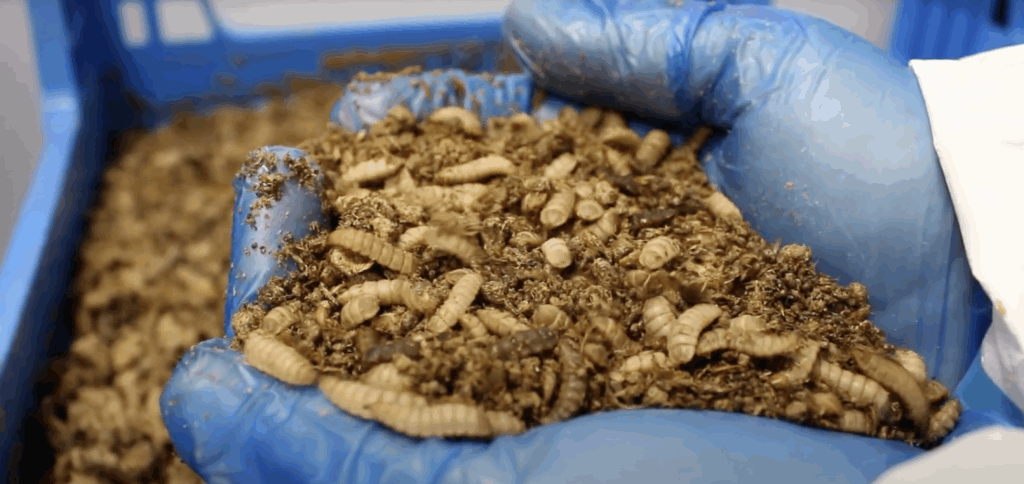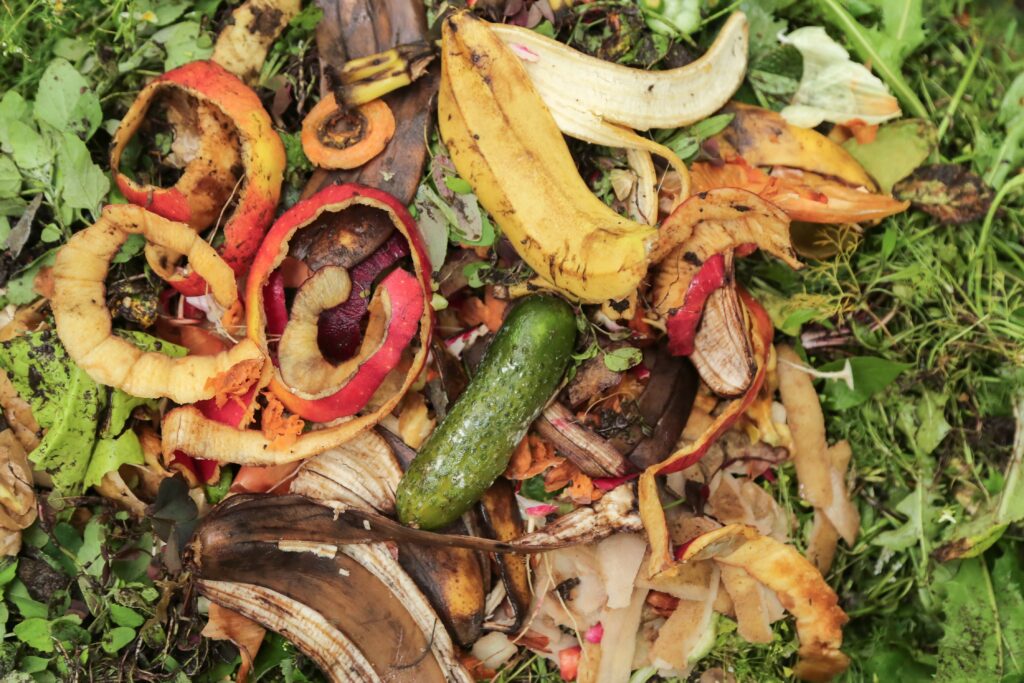But, in the 'Safeguarding Our Soils' document, it warned that the spreading of organic matter to land also represented “growing concern” due to the risk that pollutants, such as heavy metals, could be introduced to the soil if the process is not properly regulated.
It said returning these materials to land could have important agricultural and ecological benefits but pointed out that “on occasion, these materials can also contain low concentrations of pollutants, especially heavy metals, which can accumulate in soil following repeated applications”.
Heavy metals can damage the environment and also pose a risk to human health.
It stated: “We will ensure that the return of materials to land is encouraged whilst continuing to monitor trends in pollutants and investigate further the potential for reducing pollutants entering soil through recycled materials.”
Quality
The strategy has been developed in order to protect the quality of England's soil. Defra said this is necessary because, at present, 2.2 million tonnes of topsoil is lost annually because of erosion and the nutrients in these top-soils need to be replaced for us to use the soil to grow the food that we need.
Hilary Benn, secretary of state for the environment, commented: “Soil is one of the building blocks of life. Good quality soils are essential for a thriving farming industry, a sustainable food supply, and a healthy environment.
“Britain's soils hold more carbon than all the trees in Europe's forests – and their protection is critical if we are to successfully combat climate change,” he added.
Mr Benn said it was important for governments to develop local solutions with regard to the protection of soils and said he disagreed with the approach of the Soil Framework Directive proposed by the EU.
Defra also pledged to keep thresholds for heavy metals entering soil, and quality protocols and standards for the use of materials – including recycled materials – that were to be spread to land under review, aiming to ensure that they reflect the latest scientific understanding.
Education
The Department said it wanted to work with farmers and other land managers to educate them about the best uses of recycled materials to land and reassure them of the benefits of using this type of material.
The Strategy explained that there was already considerable guidance available, with regard to spreading recycled materials to land in the form of Quality Protocols and safety standards, for example the PAS 100 for green waste compost.
Overall the strategy sets out how the government will:
-
Support farmers in managing agricultural soil, and address the threats to it;
-
Reduce the rate of loss of carbon in soil to tackle climate change, and use soil to help adapt to the impacts of climate change;
-
Provide a framework for action to protect peat habitats;Protect soils in urban areas during development and construction;
-
Value soils in the planning system; and
-
Prevent pollution of soils, and deal with the historic legacy of contaminated land.
It covers guidance, training and advice for the agriculture industry on protecting and increasing soil organic matter, incentives and regulation to prevent soil degradation, and the monitoring of levels and threats to the soil.
Defra is also working with the devolved governments to develop soil policy in Scotland, Wales and Northern Ireland.








Subscribe for free